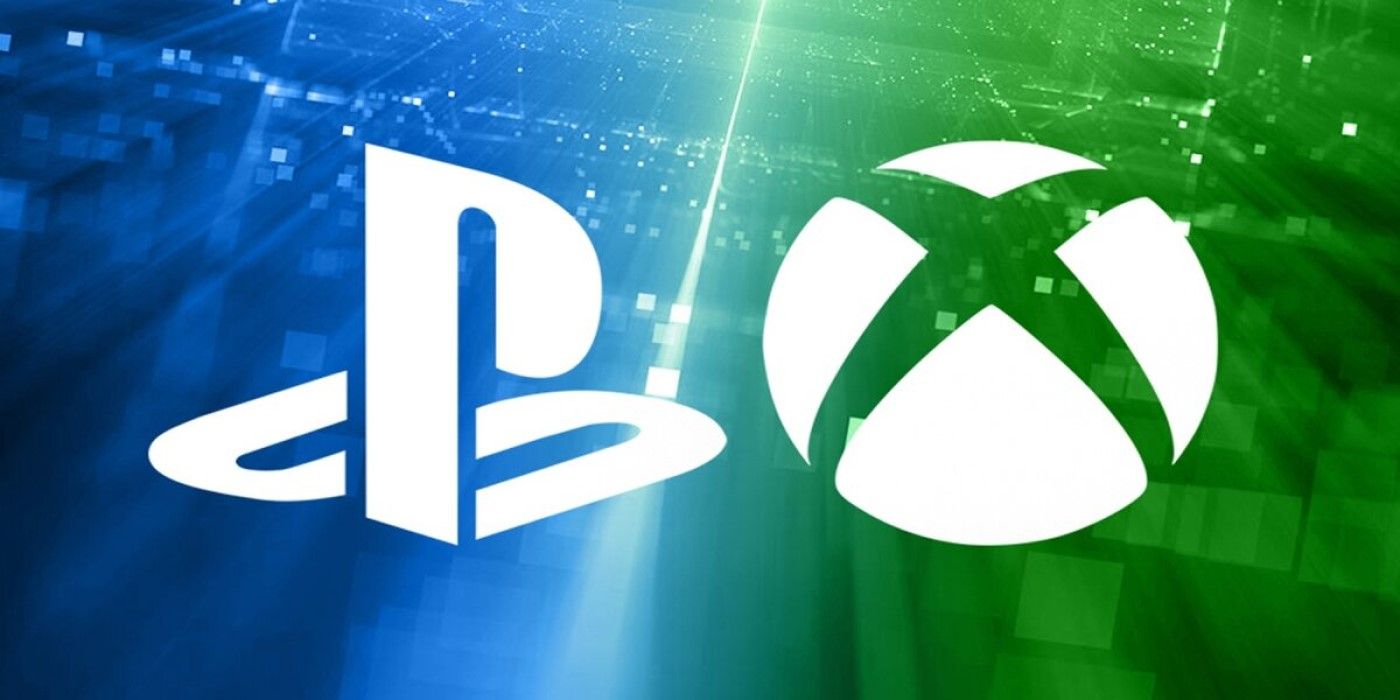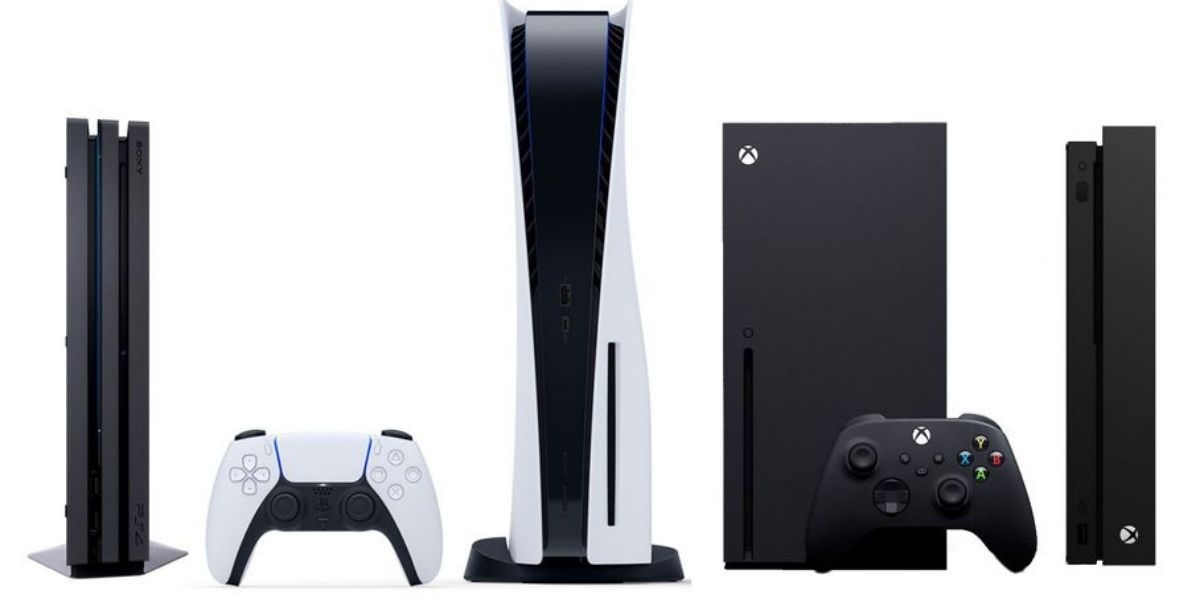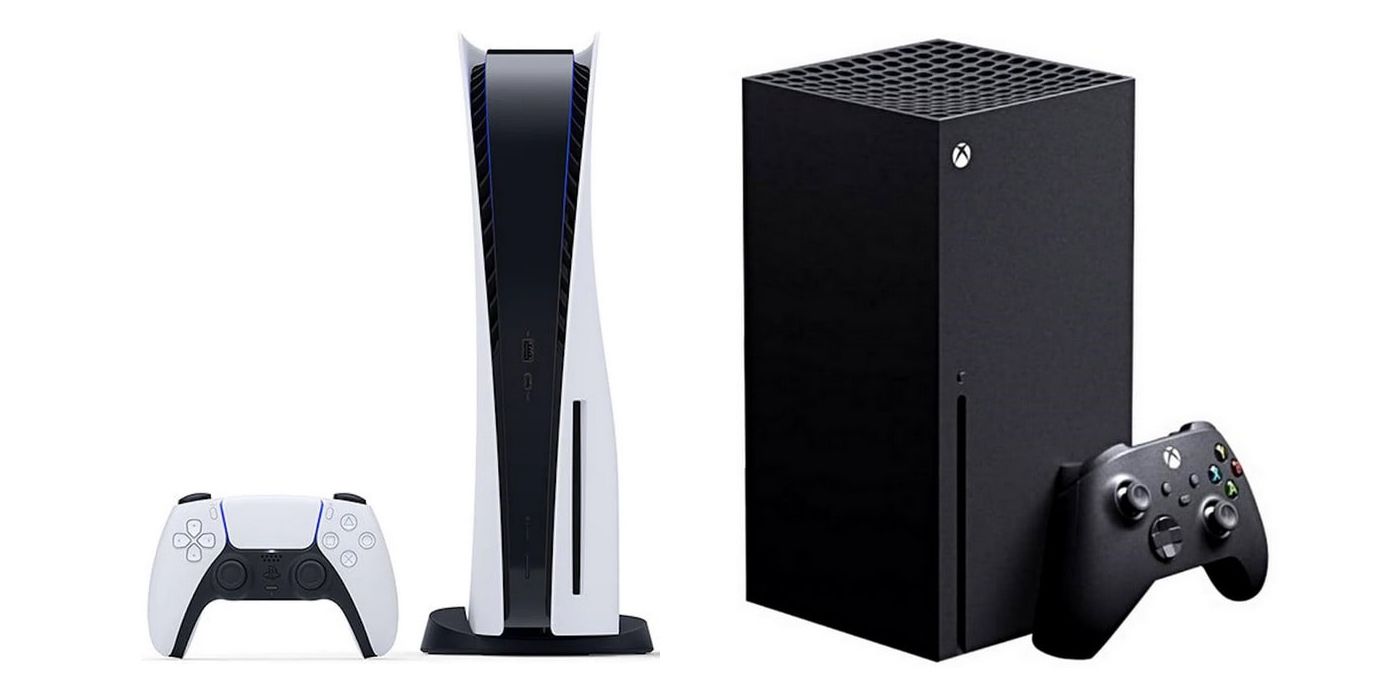There are quite a few different kinds of video game consoles out in the wild. Some people prefer exclusively using one brand of console, while others will always invest in the most recent technology. One of the biggest rivalries in gaming is between Xbox users and PlayStation users. Though the PlayStation brand predates Xbox, all iterations of their consoles have had pros and cons. The superior console really comes down to the eyes of the beholder.
However, listing pros and cons can lead to acknowledging some major advantages that one console has over the other. One advantage that’s become increasingly clear since the debut of the Xbox Series X and the PlayStation 5 lies in game selection. While there are new titles and exclusive games coming to both consoles, Xbox Series X has one serious advantage over PS5.
Backward Compatibility
While this feature may not have been needed until the Xbox 360 era, its importance cannot be downplayed. For those who may not know, backward compatibility is having the ability to play older generation games on newer consoles. Between PlayStation and Xbox, the latter is the only one that really offers a fully fleshed-out backward compatibility system. Players can load in any old Xbox game and still have it work on the newest Xbox console.
While there may not be any graphic improvements, it’s still exciting to know that players don’t have to keep every single console generation in order to play their game collection. Some gamers still do this, but it’s not mandatory when using an Xbox Series X console. Additionally, if players back up their saved information correctly, they can carry over their old save files to the newer console. This means they don’t have to start the game over and can just pick up where they left off.
Xbox has had this feature for much longer than PlayStation, which only implemented it in the latest console generation after missing it in previous generations. While it’s fantastic that players can still play the majority of PS4 games on their PS5, there are still tons of games unaccounted for. Lots of titles from the PlayStation, PS2, and PS3 generations are still not backward compatible with the newest console. Not having backward compatibility keeps the door open for remastered games with higher-quality graphics, but not everyone wants to pay for a remastered game they already own.
Why Backwards Compatibility Gives an Edge
It’s apparent that backward compatibility is a key selling point for any Xbox console. Many players like knowing that they don’t have to stop playing a game when the newest console comes out. It also gives the option for players to embark on nostalgic adventures through some of their oldest and most beloved games. There’s also a different aspect of backward compatibility that gives the Xbox Series X a distinct advantage over PlayStation 5.
The greatest strength of the Xbox game catalog versus the PlayStation catalog is variety. Both consoles have incredible graphics, but Xbox keeps old games available just as much as new games. PlayStation, on the other hand, doesn’t offer this to players in the same way. PS5 may be backwardly compatible with PS4, but that’s also where the line stops.
Xbox lets players go back all the way to the first generation of games, which does more than allow nostalgia. Being able to have so many games available for the same console at the push of a button definitely keeps variety alive as far as gaming selection goes. If players get tired of playing one game, they can switch to another one regardless of its release date. This doesn’t work the same way for PlayStation users.
Both PS5 and Xbox Series X consoles are fantastic choices in the gaming industry. However, in this particular department, it’s clear that Xbox Series X has a huge advantage over PS5 thanks to its backward compatibility system.



